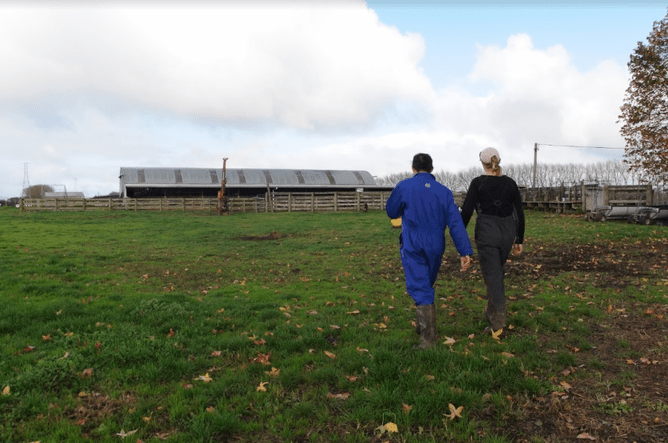We’re getting used to hearing about immigration in the news these days, but here at The Regions we don’t believe that’s a bad thing.
Creating awareness around immigration issues, and having the forum to discuss proposed changes to immigration processes and procedures is important, particularly in the sector we work in. One of the more recent news items on the topic of immigration was the New Zealand Government’s announcement it is planning to bring in a compulsory accreditation scheme for businesses employing overseas workers. The new framework would aim to decrease migrant exploitation, by ensuring workers aren’t being under-paid or over-worked.
As to be expected, this announcement was met with criticism from some employers and immigration officials. Why? Because they’re concerned this new scheme will make it even harder to employ migrant workers.
Migrant workers add to New Zealand’s workforce
Here at The Regions, we know first-hand how valuable our migrant workforce is to the New Zealand economy, in particular the dairy industry. We work with more than 500 farms across New Zealand, recruiting overseas farmworkers to New Zealand dairy farms because we simply do not have the skilled, or willing, labour force here in New Zealand to fill the current labour shortage.
The announcement of a compulsory accreditation scheme for businesses employing overseas workers was thought of by many officials as treating all businesses as the lowest common denominator, when only a fraction is responsible for exploitation.
We can vouch that all our clients are very firmly NOT in that camp!
A positive step
We believe that mandatory accreditation is, at its core, a very positive step. It’s not about measuring employers by the lowest common denominator; it’s about making sure they are going to support their staff at the required levels.
The Regions is one of the only market service providers which is employer focused and, since it is well evidenced that setting migrants up for success is heavily influenced by how committed their employers are, placing employer and employee under the same lens could prove very beneficial.
At presently, employers can choose to be part of the accreditation scheme by applying to Immigration New Zealand (INZ) with supporting evidence about their business and paying an application fee of $2,130.
Challenging times for immigration resources
Implementing this new scheme would come with logistical difficulties. Immigration resources are currently at an all-time low and accreditation processing times are taking between three to four months. This means delays for both employers and employees.
If employers need to have accreditation before a visa can be approved, they could be waiting up to nine months to get the people they need. Furthermore, with many offshore branches closing and onshore branches of Immigration New Zealand expanding, the increase in branch workloads would hurt all stakeholders if branch resources are not proportionally increased.
Increased remuneration thresholds
The new framework would also see an increase in remuneration thresholds, which could prove challenging for smaller businesses. The Talent (Accredited Employer) Work Visa threshold will see an increase from $55,000 per annum to $78,000, based on a typical 40 hour working week.
While the highly-skilled threshold under the Essential Skills Work Visa Category will go from $37.50 per hour to $50.00 per hour, companies hiring mid-skilled foreign workers under the Essential Skills Work Visa will be expected to pay $25.00 per hour, up from $21.50.
Having blanket wage rates under accreditation, or future immigration policy in any setting, runs the risk of carrying on previous regime failures. The Government seems to be on the right track regionalising the skills-shortage lists, but let’s just hope it doesn’t forget these key realities when it comes to setting wage rates.
Recognising our skilled migrant workforce
What is not being addressed though, and a topic we welcome Immigration Minister Iain Lees-Galloway to address, is the continued reference by immigration officials of certain professions and wage earners as being low-skilled.
This view is disrespectful and demeaning and does not reflect the required skill level for farm labour here in New Zealand.
Let’s hope that topic receives news headlines soon!
